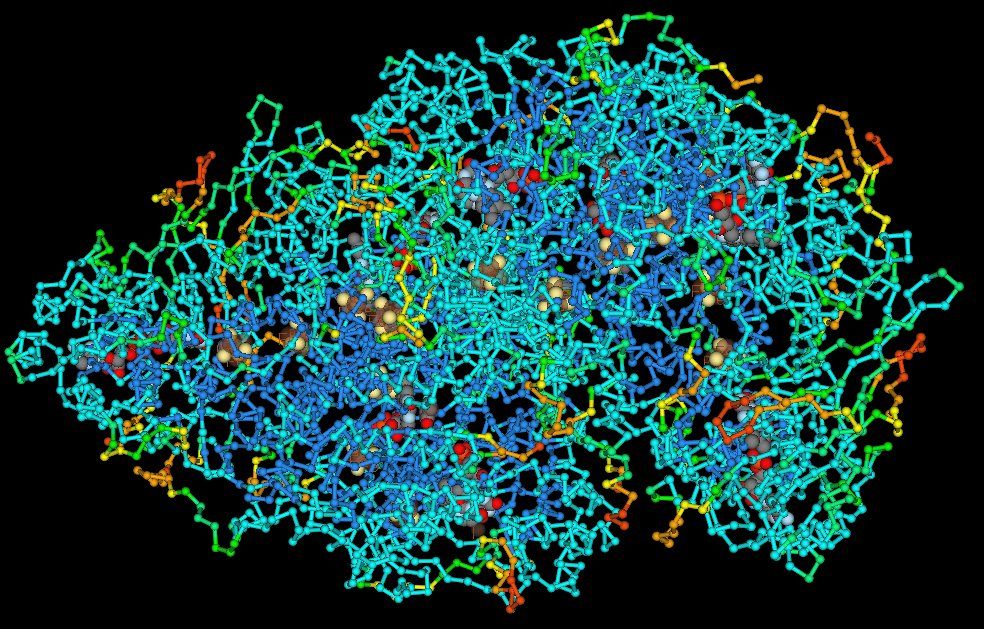Sustainable Polymers: Eco-Friendly Solutions for the Future
Sustainable Polymers: Eco-Friendly Solutions for the Future
Blog Article
Exploring the Varied Applications and Benefits of Polymers in Different Industries
Polymers, with their diverse array of buildings and capabilities, have come to be vital in various sectors, each reaping special benefits from their application. From boosting security and efficiency in the auto industry to revolutionizing clinical devices in the health care sector, polymers play a critical role.
Automotive Market Applications
Polymers play a critical function in enhancing the efficiency and longevity of different parts within the automobile market. These versatile materials are extensively made use of in the manufacturing of various components, ranging from interior parts to under-the-hood applications. One famous use of polymers in the auto industry is in the manufacturing of light-weight components. By replacing standard steel get rid of polymer-based alternatives, cars can attain enhanced gas performance without compromising on stamina or safety and security.

Medical Care Industry Advantages
In different health care applications, the advantages of using polymers are commonly acknowledged for their diverse series of beneficial homes. Polymers play a critical duty in the medical care sector because of their convenience, biocompatibility, and cost-effectiveness. One of the main advantages of polymers in health care is their ability to be customized to particular demands, such as flexibility, resilience, and biodegradability, making them optimal for a large variety of clinical applications.
Polymer-based products are thoroughly utilized in medical tools, such as catheters, implants, prosthetics, and medicine shipment systems, because of their biocompatibility and capacity to resemble all-natural tissues. These materials can lower the danger of allergic reactions or denials, enhancing individual safety and security and results. Additionally, polymers are lightweight, making them appropriate for wearable medical tools and making sure client convenience.
Additionally, polymers make it possible for the growth of innovative treatment approaches, such as hydrogels for tissue design and nanocomposites for targeted drug shipment. Their ease of processing and sanitation makes them essential for preserving high criteria of hygiene in medical care settings. Generally, the diverse advantages of polymers contribute dramatically to developments in clinical technology and client treatment.
Ecological Benefits of Polymers

Moreover, polymers can contribute to energy cost savings because of their light-weight nature. In sectors such as transportation, lightweight polymer products can help reduce fuel consumption and greenhouse gas discharges. Furthermore, polymers can allow the development of energy-efficient products such as insulation materials that enhance energy conservation in buildings.
Moreover, polymers play a vital duty in reducing water pollution. The usage of polymer-based filtering systems can effectively eliminate pollutants and contaminants from wastewater, guarding water sources and visit site ecosystems. On the whole, the ecological advantages of polymers make them useful assets in advertising sustainability and environment-friendly techniques throughout various sectors.
Polymers in Electronic Devices and Innovation
Considering the increasing need for innovative and lasting options in modern sectors, the combination of advanced polymer modern technologies in the realm of electronics and innovation has arised as an essential technique for driving performance and performance. Polymers have actually transformed the electronics sector by making it possible for the production of lighter, more flexible, and sturdy electronic tools. From mobile phones to clinical devices, polymers play a crucial duty in enhancing product design and functionality.
One substantial advantage of polymers in electronic devices is their protecting buildings, which assist shield delicate digital parts from environmental variables and electrical disturbance. Additionally, polymers are necessary in the growth of flexible screens, wearable modern technology, and printed electronic devices, supplying endless opportunities for developing smart and interconnected devices.
Moreover, the usage of polymers in electronic packaging has actually resulted in innovations in miniaturization and thermal administration, enhancing the total performance and reliability of electronic systems. As modern technology remains to develop, the convenience and adaptability of polymers will definitely drive better innovation in the electronic devices industry, forming look at more info the future of modern technology.
Function of Polymers in Building And Construction and Framework
The assimilation of innovative polymer materials in construction and infrastructure projects has transformed the method structures are designed and integrated in modern times. Polymers supply many benefits in the building market because of their flexibility, toughness, and cost-effectiveness. One crucial function of polymers in construction is their use in coatings and sealants, giving defense against ecological factors such as dampness, UV radiation, and deterioration. Furthermore, polymers are used in the manufacturing of light-weight and high-strength composite products, enhancing the structural integrity of structures while minimizing general weight.
Additionally, polymers play a vital role in lasting building practices by allowing the development of energy-efficient frameworks. Protecting products made from polymers assist manage indoor temperature levels, decreasing the demand for heating and cooling down systems and eventually decreasing energy usage. Additionally, making use of polymer-based composites in facilities projects such as bridges and roadways boosts their durability and lowers maintenance expenses. In general, the unification of polymers in building and framework displays their significant effect on contemporary design techniques.
Conclusion
In final thought, polymers play a vital duty in numerous sectors such as auto, medical care, ecological, electronic devices, and construction. Their versatile buildings make them valuable in creating cutting-edge solutions and products. From improving fuel efficiency in vehicles to enhancing clinical tools, polymers supply many benefits. In addition, their influence on minimizing waste and advertising other sustainability highlights their value in contemporary applications. The widespread use of polymers shows their substantial payment to advancing technology and improving lifestyle.
Report this page